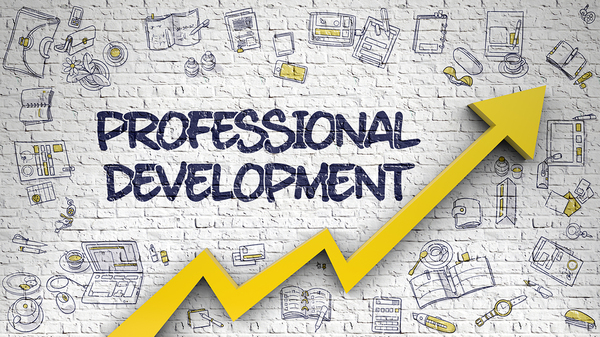Search results: 485
Welcome to the Core English - Language and Literacy Area on Moodle.
This should support your studies over the PGCE year.
Here you will find lecture notes and other documents to increase your subject knowledge and pedagogical awareness to support your teaching of English across the primary age range.
If you have any issues, questions or queries do not hesitate to get in touch.
Julie Brown
j.ward@bradfordcollege.ac.uk
This module will identify and enhance your skills and development needs in order to equip you to succeed in your studies and undertake independent personal and academic planning and practice.
The module provides you with the opportunity to show how you develop as a learner during your first year and identify your development and academic learning needs for the rest of your course and beyond.
This unit is about how car engines work, the names of the important components, how to strip and rebuild an engine and how to sevice the engine.

PPD - Personal and Professional Development

Here you will find a range of resources to support and evidence your development of Professional Practice in line with the Professional Standards.
This includes,
- presentations and resources from PPD sessions,
- proformas for use in placement
- additional reading and key sources
- links to websites

This module will introduce you to the concept of safeguarding and child protection in early years care and education settings, primary schools and voluntary organisations. It will explore key drivers, statutory and non-statutory guidance relating to the rights of the child and their families.
Welcome to the Primary Language Centre. This section holds information about generic language issues that apply to all year groups and courses.
This unit will develop knowledge and understanding of the principles of sport coaching and will demonstrate practical skills in the planning, design and delivery of coaching sessions.
PROFESSIONAL DEVELOPMENT (GMD) (20 CREDITS)
Through the development of a progress file this year long module provides an introductory overview of professional practices in the graphic media design and creative industries. It enables reflection on learning and possible career options.
Including study skills and assignment presentation techniques, the progress file activity, which will be pursued throughout the course, at this level this will include the development of responding to feedback from all modules leading to self-evaluative techniques and strategies.
Assessment is through the production of a progress file and personal journal
Professional Practice is designed to provide guidance on Law and Ethics within our profession. Within this world of 'where there is blame there is a claim' we need to fully understand our duties toward staff and customers. The environment we work in is evolving and we need to maintain knowledge and standards of practice that ensure we constantly deliver high standards of care and commitment to the customers and the profession.
Professional Practice & Development 2 MUB50072
|
The module will enable you to further enhance your continuing professional development and Early Years practice through placement. The module will encourage you to think critically and make decisions about your practice to identify strengths and areas to improve and relate these to career opportunities. You will also develop a professional portfolio of evidence to demonstrate continuing self-awareness skills and competence in the context of the Early Years setting.
|
Background Colour
Font Face
Font Size
Text Colour
Font Kerning
Image Visibility
Letter Spacing
Line Height
Link Highlight
Text Alignment
Paragraph Width
